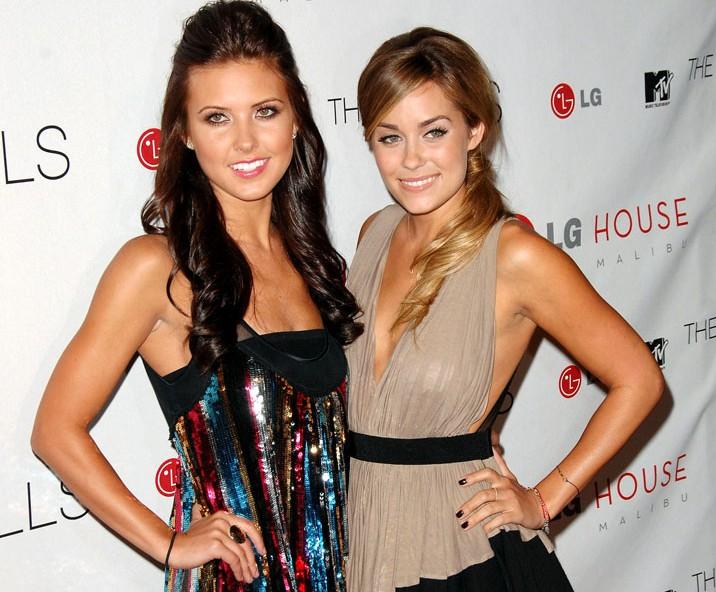The End of Reality Television As We Know It
From Classy to Trashy, Reality TV Has Lost What Made Us Love the “Real World” of the ’90s
June 5, 2011

Published: November 13, 2008
Reality television has been a prominent genre for many years, producing a variety of documentaries, game shows and self-improvement/makeover shows. Everyone has watched at least one reality television show, and most will agree that they are entertaining to watch. I have been a fan of reality television for as long as I can remember, but as of late, I have noticed that the reality shows I loved as a young adult are now becoming the shows I detest the most.
Reality television reached its peak in viewership in the early to mid-1990s, with shows such as MTV’s “The Real World.” The show began as a social experiment that placed seven strangers in a house together “to find out what happens when people stop being polite and start getting real.” “The Real World” was groundbreaking for me because it allowed viewers to see how these people lived, how they interacted in social settings and how their relationships with one another developed or deteriorated over a period of time.
“The Real World” was an innovative reality television program because it allowed viewers to get to know people they would have otherwise never had the opportunity to meet in real life. One of my favorite stars was Pedro Zamora, from “The Real World: San Francisco,” because he was one of the first public figures in television to speak openly about living with HIV. In those years, “The Real World” was more than just a reality show—it became an outlet for spreading important messages to viewers across the United States and the world.
Fifteen years later, “The Real World” that I had once watched religiously—“The Real World” that had always cast seven interesting and eclectic individuals—has become like every other reality television show: hungry for ratings. What had once been a show that centered on important political, social and racial issues has instead become a watered-down version of “Girls Gone Wild.”
Nowadays, on any given episode of “The Real World,” there are a number of scenes in which some or all of the roommates are intoxicated or engaging in some explicit activity that was never worth filming in the first place. Watching intoxicated characters on a reality show say and do things they will regret the following morning is worth a laugh, but scenes of drunken stupidity shouldn’t be all a show has to offer.
It is obvious that reality television has undergone a disappointing transformation. “The Hills” on MTV is the perfect example of what some like to refer to as “scripted reality.” Shows like “The Hills” present an idealized and dramatized version of the truth, which misleads the millions of viewers who watch the show on a weekly basis. Many people tune in to “The Hills” because they want to know how they can become as rich and successful as the characters on the show. What they don’t understand is that “The Hills” and the majority of reality shows on air today are in no way reflective of the lives most of us live.
The most obvious reason for reality television’s downfall is that sex sells. Producers are no longer concerned about creating shows through which viewers have an opportunity to feel connected with the characters. They want to create shows that can capitalize on society’s immense obsession with sex. People aren’t watching “The Rock of Love,” “I Love New York” or “The Flavor of Love” to gain insight or learn an important social message; they’re watching because they enjoy seeing scantily clad women make fools of themselves on national television. Television networks choose to abandon their better natures and air these shows because society loves controversy and sex.
“The Real World” and reality television in general have lost their merit. Viewers only want entertainment that focuses on controversy. The ratings for these reality television programs may continue to rise as drunken idiots expose themselves, women swoon over a washed-up Bret Michaels and Lauren Conrad continues those awkwardly silent lunch conversations with friends, but I hope they don’t count on me to continue watching.








